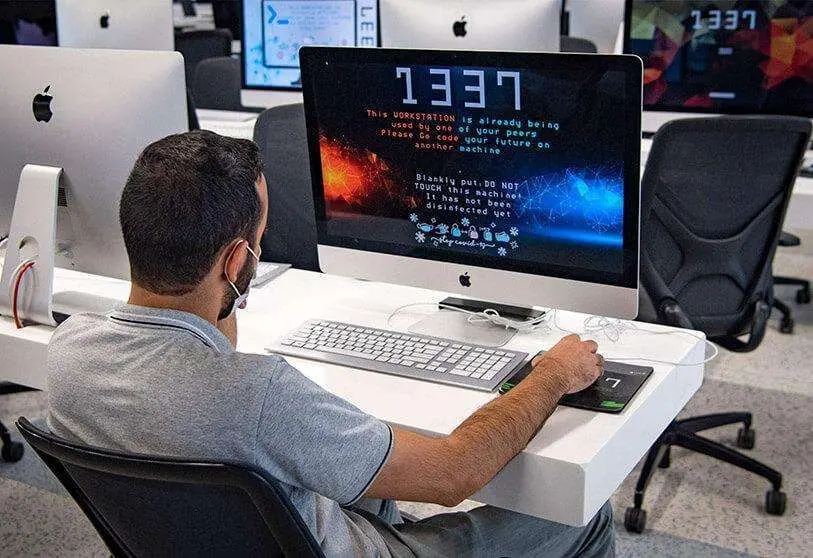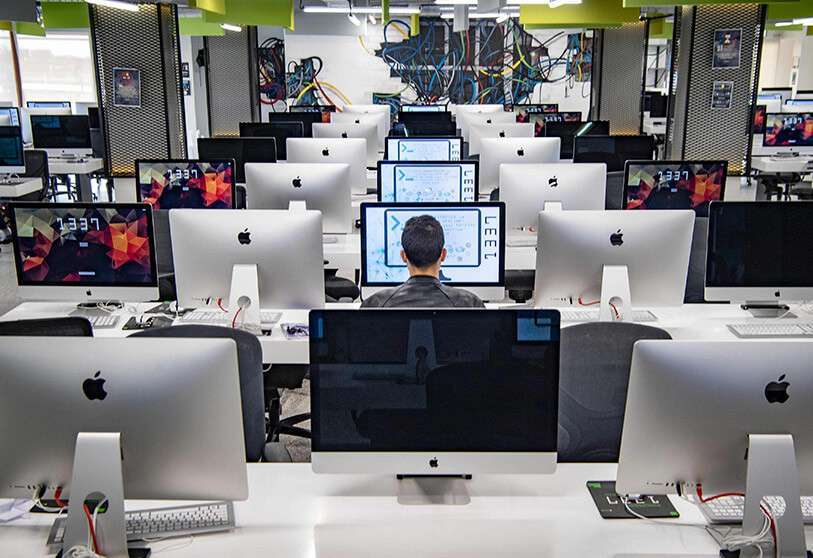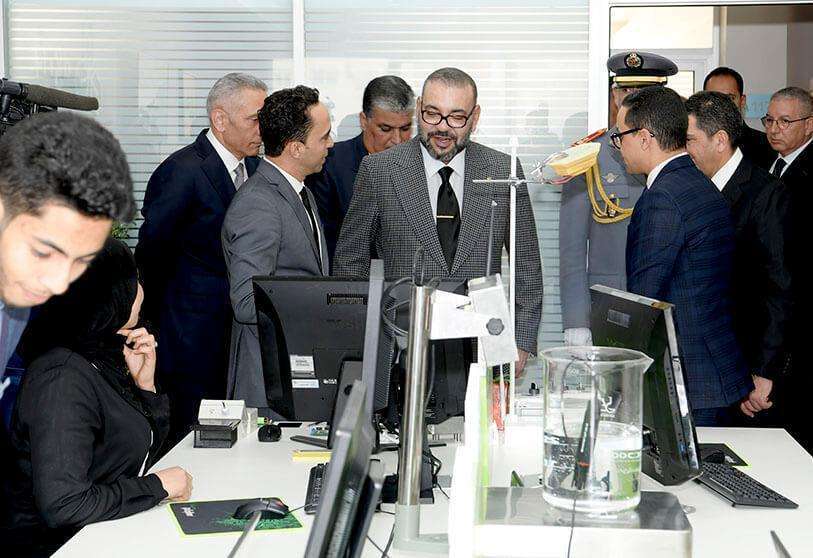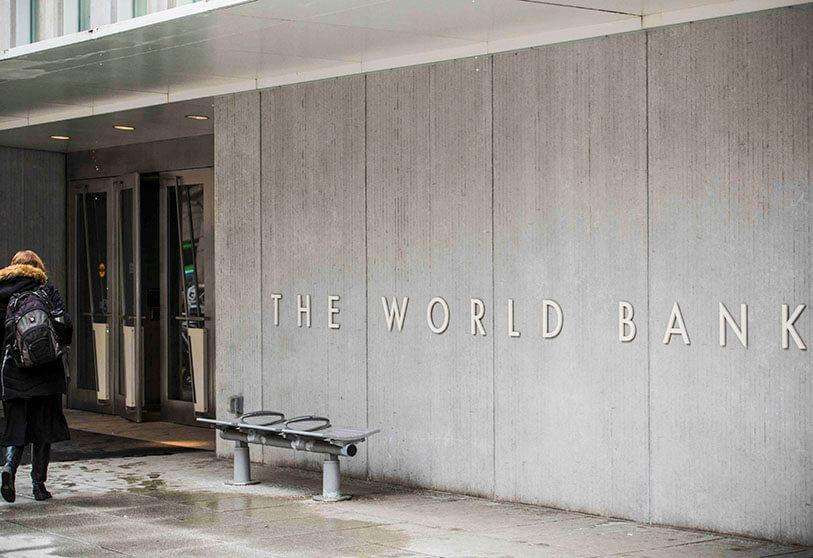Morocco is starting to feel the benefits of digitisation

A new World Bank report has revealed that Morocco is seeing the good effects that technology is bringing to its economy. The document is entitled 'The benefits of digital for Middle Eastern and North African countries: adopting digital technologies can accelerate growth and create jobs' and reaffirms the performance of the Alawite kingdom in this process.
Right now, 98% of the population in the North African nation uses mobile phones. These also use 4G coverage and therefore Moroccans outperform the global average, with data going beyond 81% and the regional average of no more than 86 %.
Morocco is increasingly embarking on the technological process with an eye to the future. Right now it is one of the few countries in Africa that has changed several legal frameworks to establish or update its laws in favour of the use of technology. This has been especially beneficial for many businesses, which have been able to expand their power through the Internet. The report cites that more than 55% of Moroccan companies now have their own website.

In addition to these good figures, the report reveals that 62% of the population uses the Internet, one of the highest rates for an African country. On the other hand, more than 97% of companies make use of e-mail for any exchange, surpassing the world average of 70%, and at the regional level it is 55%.
Even so, the rate of adoption of any type of technology in Morocco is still very low compared to the world average. Technology has not yet fully penetrated the country's population, despite efforts to include it in all systems, as they are more afraid of risks such as scams or online fraud than of the benefits it can bring.
One of the clearest examples of this is the passage of the coronavirus, which has forced the use of technological devices for all transactions, both nationally and internationally. Moroccans have not yet fully adapted to this situation, and for them it is still better to use the traditional ways of paying, buying things, etc. Moreover, this is a trend that is still more prevalent in rural areas than in big cities.

The country's institutions have been pioneers in adopting technology at the grassroots level. Morocco scores 67%, which is higher than the world average and the regional average of 64% and 57% respectively. This makes the North African nation one of the most technologically developed.
The World Bank explains that the full digitisation of economies in the MENA region can have a very positive impact, generating GDP per capita growth of at least 46% over 30 years. "The benefits of moving to a more digital economy are exponential and governments must do everything in their power to remove the barriers to this transition," adds the bank. It says that if all economies in the region adopt digitisation, their gain would be estimated at around $1.6 trillion.

However, if one nation starts the process, it is expected to achieve almost $300 billion in GDP per capita in the first year alone. This would mean very significant revenues for these countries, which are normally low and thanks to digitalisation would start to rise by at least 81%.
The entity also points out that employment will be favoured thanks to the digital transition. The advance towards technology can lead to a reduction in the unemployment situation, especially for those people who are currently finding it more difficult to find a job.
"The faster the transition, the greater the gains. The digital transformation would create jobs in a region where unemployment is unacceptably high, especially among youth and women. With a concerted effort, it is possible to change the situation," says Ferid Belhaj, World Bank vice-president for the MENA region.








